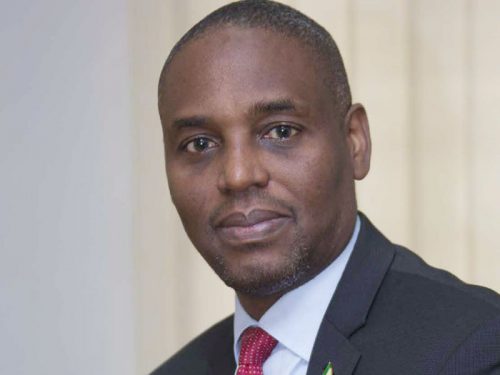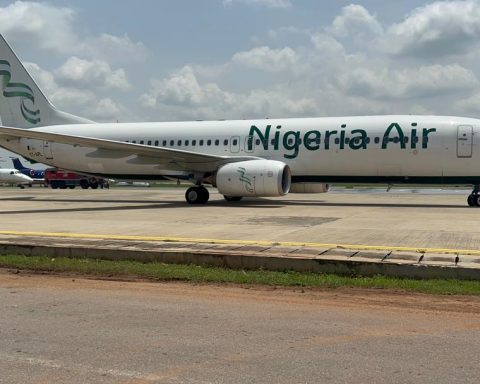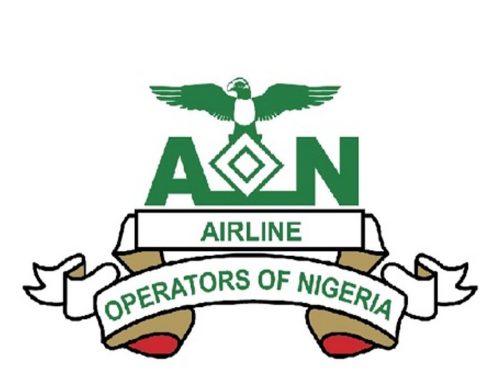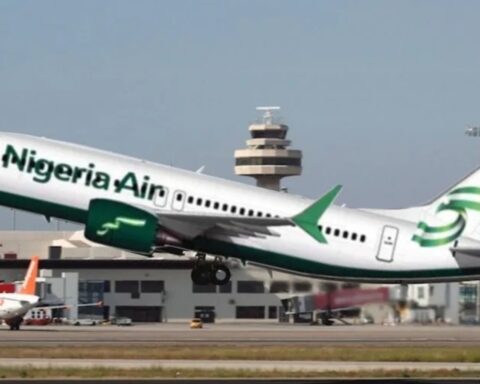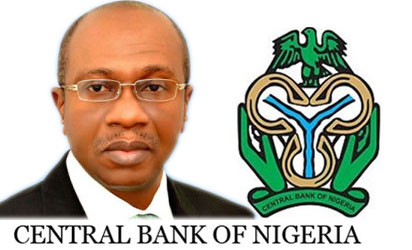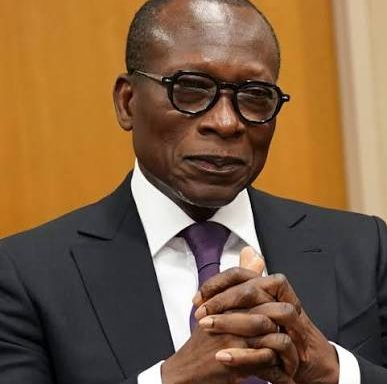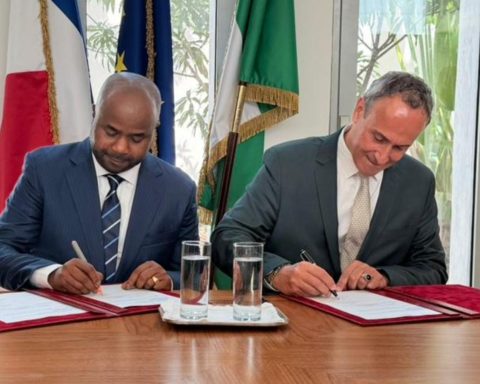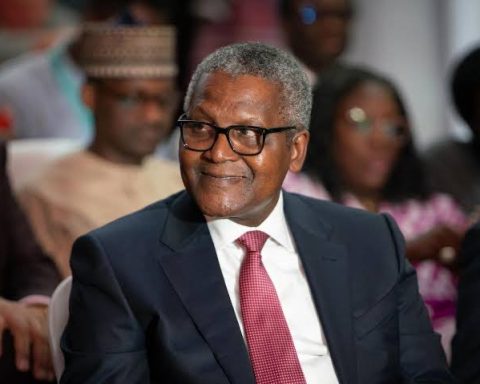As the Federal Government continues with its push to begin operations of the controversial Nigeria Air, an aviation expert, Captain Ado Sanusi, has warned that the international community is watching to see whether the country is following what the International Civil Aviation Organisation stipulated as Standard Operating Procedure (SOP).
Captain Sanusi, who is also the Managing Director/CEO of Aero Contractors, said adhering to the Standard Operating Procedure is very critical for safety.
Join our WhatsApp ChannelREAD ALSO: Nigeria Air Conceived On Faulty Foundation, Can’t Fly – Aviation Expert
The aviation analyst who featured on Channels TV Sunrise Daily programme on Friday morning said it will be practically impossible for Nigeria Air to start operations on or before May 29 (which is in two days’ time) as claimed by the Minister of Aviation, Hadi Sirika.
Sirika had at an aviation stakeholder’s forum in Abuja in March said that Nigeria Air will begin full operations before the end of President Buhari’s administration.
The minister’s latest comment on Thursday that the government expects delivery of Nigeria Air aircraft on Friday (today), and would fly before May 29, despite a court order stopping the national carrier project, seems to have raised dust in the industry.
Sanusi said one thing is to bring the airplanes into the country but it is another thing to start operating the airline because of the rigorous process involved in getting approvals which he believes would not be waived by the regulatory body, the Nigeria Civil Aviation Authority (NCAA).
READ ALSO: Nigeria Air: Sirika Risks Contempt Of Court Charge – Domestic Airlines
“It is one thing to bring in the airplanes to the country, it is another thing to start the airline, getting all the necessary approvals from the Nigeria Civil Aviation Authority,” he said.
“There’s a very important and vital component of getting an AOC, which is the demonstration flights. Of course, there are waivers that the Director General of the Nigeria Civil Aviation Authority has the power to give, but the demonstration flight is critical to safe operations and I do not think he would give that waiver.
“So it is practically impossible for the airline to take off in the next two days. It is not possible because they have to do the demonstration flights. The five phases must be completed.
“The international community is looking at us to see whether we are actually following what the International Civil Aviation Organisation has stipulated in their recommended practices and laid down procedures for the commercial carriage of passengers internationally,” he added.
READ ALSO: Sack Of FAAN MD, Rabiu Yadudu, Others, Enmeshed In Nigeria Air Dispute
The analyst acknowledged that there are loose ends in the process of establishing the national carrier, and wondered why the present administration had eight years to actualise that dream, but didn’t work on it until the last minute.
He noted that having a national carrier is one thing that most patriotic Nigerians cherish but the question is can the country afford it.
He pointed out that to have a formidable national carrier, the country must have a significant stake in it, not the present arrangement in the Nigeria Air in which the country has only 5 percent stake.
“If we want a formidable national carrier, we have to also define a national carrier. That means the government must have a stake in it. The government must really have a share.”
He queried why the government indirectly owns some airlines already through the Asset Management Corporation of Nigeria (AMCON) but would go and create a national carrier that it has only 5 percent stake in.
“Since 2016, and 17 the federal government of Nigeria has taken over three airlines in the aviation industry through AMCON. Arik Air was taken over by AMCON, by extension the federal government, so they have a stake in that. Aero Contractors was taken over by AMCON, by extension, the federal government of Nigeria, so they have majority shares in it. Another airline was created called NG Eagle which is solely owned by AMCON, by extension, the federal government of Nigeria. So, why would the federal government go again and create another airline, making the fourth and have 5 per cent stake in it?” he asked.
“I think that even the Ethiopians interested in this 5 per cent, would think what kind of people we are.
“We have three airlines that AMCON by extension, the federal government, have stakes in them, but we went again, to create another airline that the federal government would have only 5 percent in it. We’ve done that so, of course the stakeholders are a bit wary of all these and that is why you can see the agitation and the court cases and everything.”
He said that if the country indeed wants to have a national carrier, it could look at meeting with owners of the ones it has a majority stake in through AMCON and discuss a possible swap for use as a national carrier.
Also, reacting to the Nigeria Air launch, another aviation analyst and media consultant, Simon Tumba, described the Nigeria Air project as “one of the most wasteful ventures ever undertaken in Nigeria’s aviation history.”
He said the airline project was created on a faulty foundation and cannot stand the test of time.
“Can NCAA confirm to us which AOC Nigeria Air is using? Has an AOC been issued? When?” queried Tumba, CEO of SY&T Communications, Nigeria.
“In all honesty, is this airline founded on a solid foundation to meet the aspirations and dreams of Nigerians? Or is it just a feat to cover the wasteful and shambolic project of Hadi Sirika? Surely a faulty foundation cannot stand. This is airline business, not jankara business. This can only happen in a Buhari regime.
“Has the court case been vacated or is it a continuation of the wanton impunity of this notorious government? Amongst all the MDAs in this government, Aviation under Sirika has proven to have engaged in the most scandalous appointments and reorganization ever done by an outgoing government! Surely it will end in shame,” Tumba stated.
Victor Ezeja is a passionate journalist with seven years of experience writing on economy, politics and energy. He holds a Master's degree in Mass Communication.


